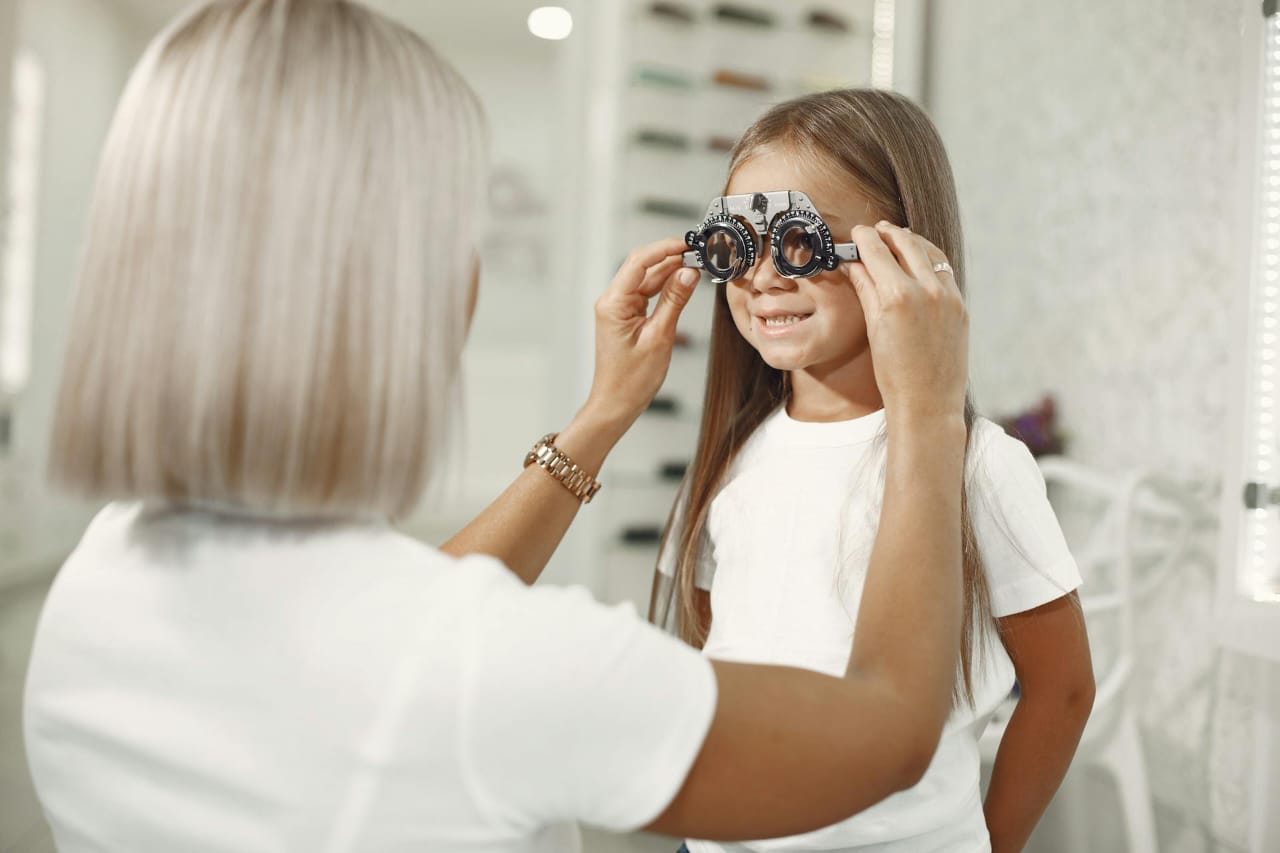For many of us, the significance of our eyesight only becomes clear when we face the daunting letters on the chart in the optometrist’s office. An eye exam isn’t just about reading charts; it is a comprehensive screening that’s essential for maintaining healthy vision. Whether you’re someone who schedules their annual eye exam regularly or you’ve been contemplating on when to book your first one, this guide demystifies the process, what you can expect, and why each step is crucial.
The Importance of Eye Exams
We all want to have good vision, and it’s easy to take our sight for granted when it seems to be functioning normally. However, eye conditions can develop slowly and without noticeable symptoms. This emphasizes why regular eye exams are so important. Professionals recommend having a comprehensive eye exam every one to two years, depending on your age, risk factors, and physical health. This routine check-up is key to maintaining clear vision and catching potential issues early, when they’re most treatable.
Pre-Exam Preparations
Before you even step into the examination room, there are a few things you can do to ensure a smooth process. If you are a new patient, it’s important to have all of your relevant medical history on hand, especially if you’ve been diagnosed with any previous eye conditions. This allows your optometrist to understand your overall health, and if you have an existing history of eye-related problems.
Try to get a good night’s sleep before your appointment. This might seem inconsequential, but adequate rest can ensure that your eyes are as refreshed and functionally at their best. Another consideration is to refrain from wearing contact lenses for at least 24 hours prior to your appointment, as they can impact the results of certain tests.
Initial Evaluation
The first step is a series of evaluations to measure basic eye functions, and these are typically conducted by a technician. They’ll start by checking your visual acuity by asking you to read a standard eye chart. If you are unable to see the chart clearly, they may use a stronger lens until you can read the letters.
Next is the “puff test.” This test measures the pressure within your eye and is vital for detecting glaucoma. Although it might seem intimidating, the puff of air is short and harmless. It tests the fluid pressure inside your eyes to check for signs of glaucoma, a disease that can damage the optic nerve and lead to vision loss.
Refraction Assessment
If the technician finds you need a vision correction, they will perform a refraction assessment. This is where they determine your prescription for glasses or contact lenses by showing you a chart and asking which lens option gives you the clearest vision.
The process involves looking through a device called a phoropter, which contains multiple lenses. You will provide feedback on which lens enhances your vision, and the technician will then fine-tune the prescription according to your responses. This stage of the examination ensures the right corrections are made to give you optimal vision.
Observational Examination
Upon completing the initial assessments, you’ll meet with the optometrist, who will perform a more detailed examination. This part of the process is hands-on, where the doctor will evaluate the health of your eye structures by looking at how your pupils respond to light and checking for any irregularities in the eye’s appearance. They will also evaluate the movement and alignment of your eyes which is important for overall vision and comfort.
The doctor will also evaluate your eye’s lens, retina, and the optic nerve using a special lighted instrument called an ophthalmoscope. The exam will include tests that require you to follow the movement of a light or focus on a specific object, which can help detect underlying issues such as cataracts or age-related macular degeneration (AMD).
Dilation
To get a better view of your eye’s interior, the doctor may decide to dilate your pupils. This is done by administering eye drops that cause the pupils to widen, allowing more light to enter the eye. The effects of dilation can last several hours, and while it may temporarily increase light sensitivity and blurriness, it’s a crucial part of the exam in order to thoroughly assess the health of your eyes.
Additional Testing
Depending on the doctor’s discretion and your individual needs, additional tests may be conducted. These could include a visual field test, which measures all areas of your eyes’ peripheral vision, or a slit-lamp exam, which offers a close-up view of the internal structures of your eye. Other potential tests can screen for color blindness, depth perception, and can help detect issues like a crossed eye.
For individuals with a higher risk of eye diseases, such as those with a family history of glaucoma or those over the age of 60, more frequent and detailed eye exams, including those that may be performed by an ophthalmologist, are recommended.
Post-Exam Discussion
Following the examination, your optometrist will discuss the results with you. If any issues are detected, they will provide treatment options or further steps to take, such as a referral to an ophthalmologist for more advanced care. If your eyes are healthy, you’ll simply be advised on when to schedule your next eye exam and given tips for maintaining good eye health.
You may also receive a prescription for corrective lenses if your vision requires them. This will include details about your lens power and any necessary lens coatings to protect your eyes from glare or harmful UV rays. It’s important to follow through with any recommendations, whether that’s a follow-up exam schedule, treatment plan, or regular wear of corrective lenses, to ensure optimal eye health.
Conclusion
Schedule your next eye exam today and ensure that you’re seeing the world as clearly as you can. Remember, your eyes are the windows to your soul — and they let you witness the beautiful world around you. Take care of them, and they’ll take care of you.


